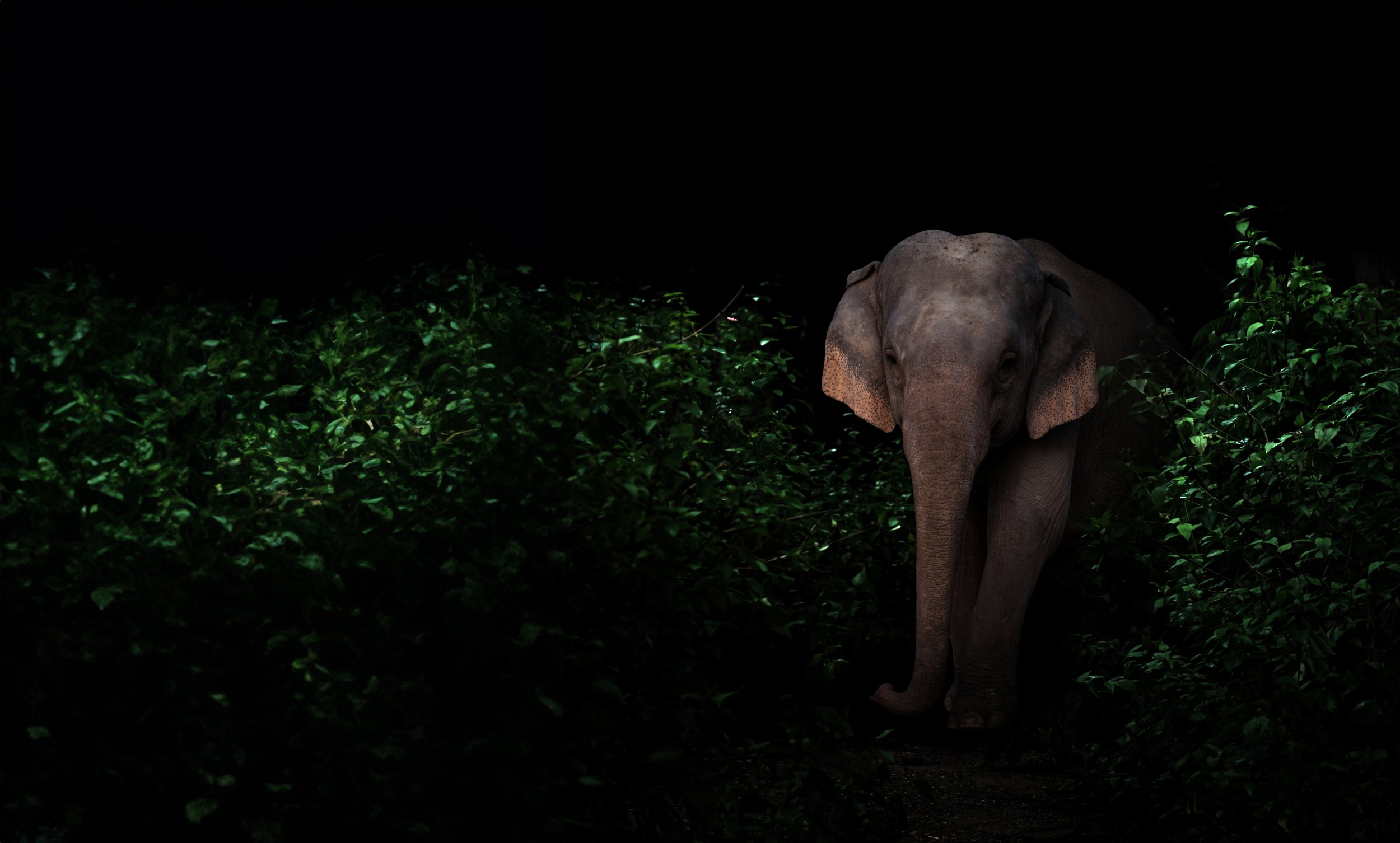
The history of Asian elephants (Elephas maximus) spans thousands of years and is intricately woven with human civilization in Asia. As one of the first domesticated animals, they played vital roles in early transportation, labor, and warfare. Revered for their strength and wisdom, elephants continue to hold deep cultural significance in Hinduism and Buddhism today. Their contributions to ancient cultures have profoundly shaped the history of the regions where they once thrived.
Their Incredible History
Thai History and Culture
Elephants have played a significant role in Thai history and culture for centuries. Domesticated in Southeast Asia, including Thailand, around 4,000 years ago, elephants were initially used for warfare, transportation, and heavy labor tasks such as logging and agriculture.
In ancient times, Thai kings and rulers relied heavily on elephants for military campaigns, where these majestic animals served as formidable war machines. The capture and taming of wild elephants were crucial activities, with skilled mahouts (elephant caretakers) forming deep bonds with their charges.
Beyond their military and practical roles, elephants held symbolic and spiritual significance in Thai society. They were revered as symbols of power, strength, and wisdom, and often featured in religious ceremonies and royal processions.
In the modern era, the role of elephants in Thailand has evolved. With the decline of warfare and changes in industry, elephants are no longer used extensively for military or heavy labor purposes. However, they remain an important cultural icon and are still employed in activities such as tourism, conservation efforts, and ceremonial events.
Today, Thailand faces challenges in balancing the conservation of wild elephant populations with the welfare of captive elephants and addressing human-elephant conflicts. Efforts are underway to protect remaining wild habitats, promote responsible elephant tourism, and provide ethical care for captive elephants, ensuring their continued presence and well-being in Thai society.



